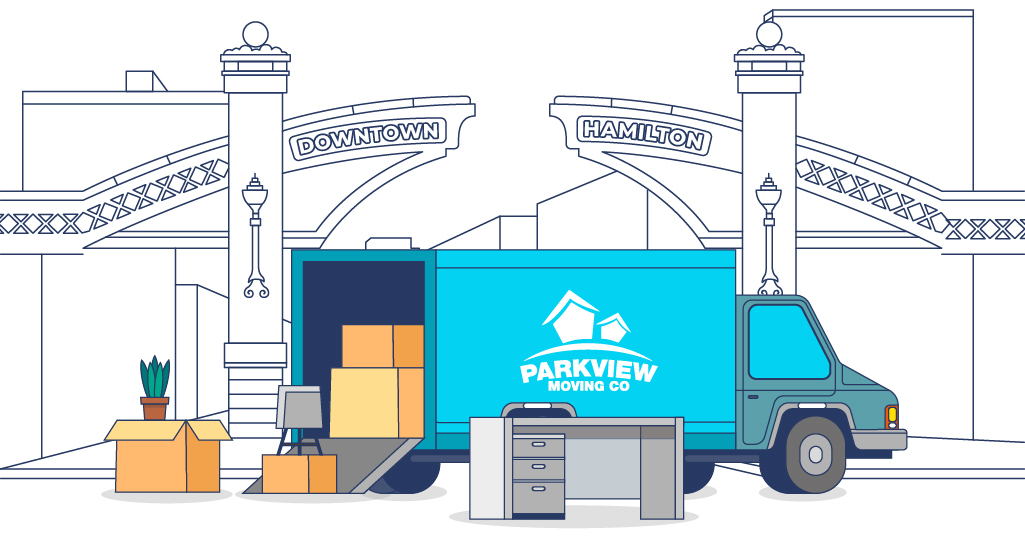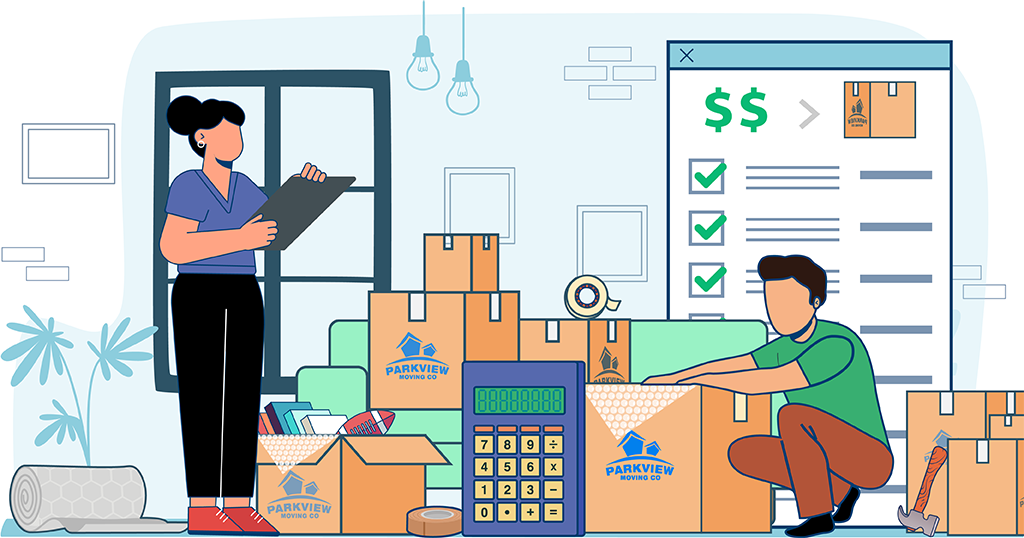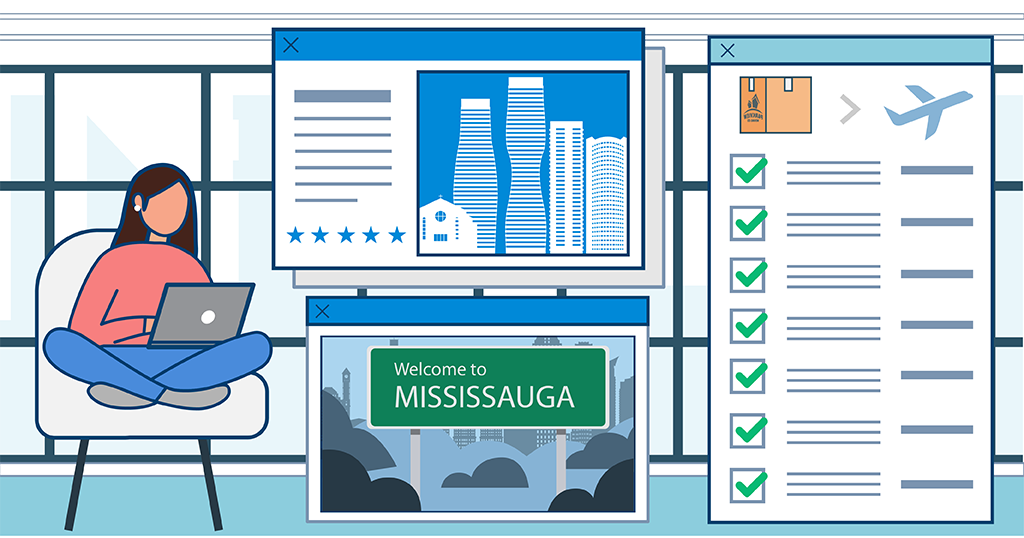You’re all set to move to a new location for work or school. But you’re not looking forward to all of the moving expenses. Fortunately, Canadians can claim certain deductions for moving expenses on their taxes.
But what are the guidelines for that?
Well, today we’re taking you through the details of who can claim moving expenses, what type of expenses you can claim, and much more!
Understanding Moving Expenses in Canada
Moving often means starting a new chapter in life. It could be for a job, school, or a change in scenery.
In Canada, the government understands this and allows some people to claim moving expenses on their taxes. This can help reduce the amount of tax you owe.
What Are Moving Expenses?
Moving expenses are the costs you pay when you move to a new home. This includes hiring movers, renting a moving truck, and even staying in temporary housing.
The idea is to make the move less heavy on your wallet. However, not all moving costs can be claimed.
Only certain types are allowed by the Canada Revenue Agency (CRA), the government body that deals with taxes in Canada.
Who Can Claim Moving Expenses?
Deciding to move can come with a lot of excitement and a bit of worry, especially when thinking about the costs. But the CRA offers some relief by allowing certain people to claim moving expenses. Let’s dive into who qualifies for this.
Employees and Individuals Moving for Work
If you’re moving for a new job or have been transferred by your current job, you might be able to claim your moving expenses. The main rule here is that your new home needs to be at least 40 kilometers closer to your new workplace than your old home was.
This policy is in place to ensure that the move is indeed for work purposes. It’s a benefit that can make the decision to accept a job offer in a new city easier.
Self-Employed People
For those running their own business, moving can also offer tax advantages. Just like employees, self-employed people need to move closer to their place of work by at least 40 kilometers to qualify.
However, this move should be directly related to earning business income at a new location. This benefit supports entrepreneurs in making strategic decisions about where they conduct their business.
Students
Students moving for post-secondary education have a spot in the conversation too. If you’re going to college or university and your move meets the distance requirement, you can claim moving expenses.
This helps ease the financial burden of getting an education, especially for those who have to move far from home. It’s important to note that students can only claim expenses for moves to and from school.
These guidelines are set by the CRA to help various individuals with their moves, whether it’s for work, running a business, or education.
Knowing if you qualify can make a big difference in managing your finances during a move. Each situation is unique, so understanding these rules can help you make the most of your moving experience.
Special Considerations
When it comes to claiming moving expenses in Canada, there are special cases that need a bit more attention. These include provisions for physically impaired individuals and Canadians moving back to the country after living abroad.
Let’s take a closer look at these situations.
Physically Impaired People
People with physical impairments face unique challenges during a move. Recognizing this, the CRA offers specific guidelines to help.
If you have a physical impairment, you may be eligible to claim additional expenses related to your move. This could include costs for services that ensure your new home is accessible.
When filing your taxes, it’s important to keep detailed records and any necessary certification that proves your eligibility. This extra step ensures that you can take full advantage of the tax benefits available to you.
Moving Back to Canada
Canadians who are moving back to Canada after living abroad can also claim moving expenses under certain conditions. This applies to you if you’re returning to start a new job, run a business, or continue your education in Canada.
Like other eligible movers, you must meet the distance requirement. Also, you should be a Canadian resident for tax purposes in the year you’re claiming your moving expenses.
This aspect of the tax law helps Canadians smoothly transition back home without the added stress of high moving costs.
These special considerations are part of the CRA’s effort to acknowledge the diverse needs of Canadians during significant life changes.
Keeping good records and understanding the specific requirements for your situation are key steps to successfully claiming your moving expenses.
What Can Be Claimed?
When you’re moving, knowing what moving expenses you can claim on your taxes in Canada can make a big difference.
For starters, transportation and storage costs for your personal effects can be claimed. This means if you need to rent a moving truck or pay for a storage unit near your new home, these expenses can reduce your taxable income.
Next, travel expenses, including gas, plane tickets, or train fares for you and your family members from the old residence to the new one, are eligible. But it’s important to keep all receipts as proof.
Temporary lodging expenses near your old or new home can also be claimed for a certain period. This is great news for those who find themselves in a situation where they have to wait before moving into their new place.
Plus, if you had to cancel the lease on your old home, those costs could be included in your claim. But remember, there are limits. For example, costs like meals and house-hunting trips before the actual move aren’t covered.
Keep in mind that the CRA has specific rules and limits on these expenses, so it’s wise to keep detailed records and receipts for everything related to your move.
This careful documentation will be your best friend if the CRA needs to review your claims.
How to Claim Moving Expenses
Claiming moving expenses on your taxes in Canada is a process that can lead to significant savings. The CRA has set guidelines on how to do this correctly.
First, you need to fill out the appropriate section of your tax return. This involves listing your moving expenses. You should include costs like transportation, storage, and temporary lodging.
Each of these should relate directly to your move and meet the criteria set by the CRA.
Having the right documentation is key. Keep all receipts and records related to your move. This includes contracts with moving companies and storage facility agreements. It also includes receipts for travel and lodging.
These documents prove the expenses you’re claiming and are important if the CRA asks for more details.
Another important tip is to only claim eligible expenses. For example, you can’t claim the costs for meals or sightseeing during your move. Sticking to the approved list of expenses ensures your claim is valid and reduces the risk of issues with your tax return.
Avoiding common mistakes can make the process smoother. One common error is not meeting the 40-kilometer closer requirement to your new work or school location.
Another is trying to claim expenses for a move that doesn’t qualify under CRA guidelines. Keeping organized and informed is the best strategy for making the most of this tax benefit.
Common Examples
Imagine a family moving because one parent got a new job in another city. This job is far from their current home, more than 40 kilometers away.
They hire a moving company, stay in a hotel for a few days, and rent a storage unit for some of their belongings. They keep all their receipts.
This family can claim these expenses on their tax return because they meet the distance requirement and the move is for work.
Now, consider a student moving to attend university. This student moves from their hometown to a city several hours away. Like the family, the student pays for moving services and temporary lodging.
Since the move is to attend a post-secondary institution and is over 40 kilometers closer to the school, the student can also claim these moving expenses.
Lastly, think about a self-employed person moving their home office to a new city to expand their business. They incur similar expenses: hiring movers, renting a storage unit, and staying in a hotel.
Because their move is to earn income at a new location and meets the distance rule, they’re eligible to claim their moving expenses.
The Keys to a Less Expensive Move
Understanding who can claim moving expenses in Canada can lead to significant tax savings. Keep detailed records and know your eligibility to make the most of your move financially.
At Parkview Moving, we understand how overwhelming the moving process can be. We opened our doors in 2010 because we saw the need for a more reliable moving company that genuinely cared about its clients. We offer all the moving services you need and are here to support you in any way we can.
Get in touch today to find out how we can help you move!






